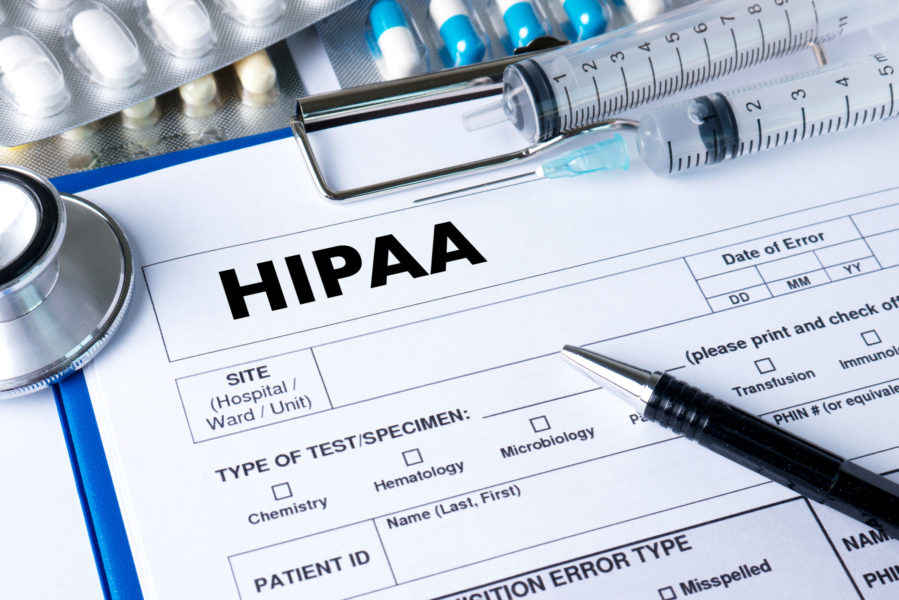
Cannabis Legalization and Regulation
Marijuana, which is still considered an illicit drug at the federal level, is legal in 11 states for adults over the age of 21 for recreational use, and legal for medical use in 33 states. As more states contemplate marijuana legalization, understanding the broad spectrum of public health and policy issues is critical.










